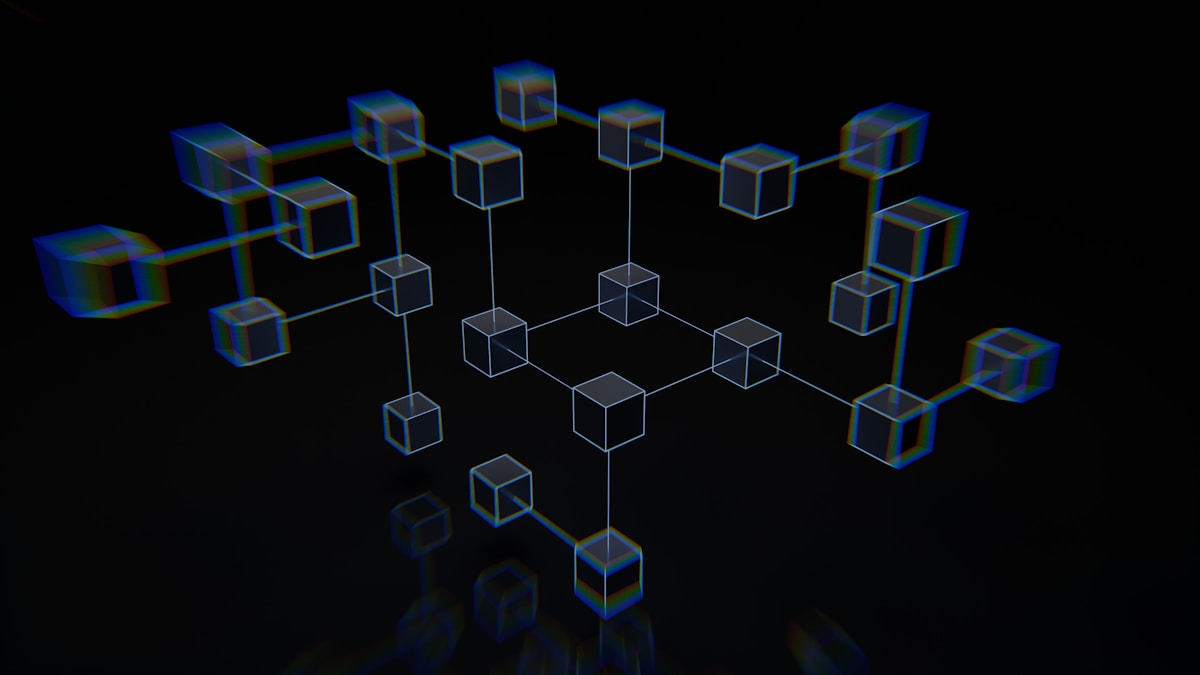The AI Economy of Trust: Survival Strategies for the "Post-Truth" Enterprise in 2026
In February 2026, the digital world is no longer dealing with a "misinformation problem." We are dealing with a Reality Crisis. The cost of verifying truth has skyrocketed, while the cost of generating convincing lies has dropped to zero.
Consider the events of last month: A mid-cap biotech stock crashed 40% in minutes because a synthetic video of its CEO announcing a failed clinical trial went viral on X (formerly Twitter). The video was debunked in 20 minutes, but the algorithmic trading bots had already wiped out $2 billion in market cap. This is the new normal.
For business leaders, "Trust" is no longer a soft PR metric. It is a hard asset class, measurable on the balance sheet. In this deep dive, we move beyond the ethical debates of 2024. We are analyzing the mechanics of the Trust Economy: the cryptographic protocols, the regulatory moats, and the operational playbooks that distinguish the "Verified Enterprise" from the "Black Box" liabilities.
If you are a CEO, CTO, or Risk Officer, this is your survival guide for the era of infinite synthetic content.

Phase 1: The "Liar's Dividend" and the Cost of Uncertainty
The immediate economic impact of Generative AI isn't just fraud; it's the "Liar's Dividend." This economic theory, now a reality, states that as AI content becomes indistinguishable from reality, bad actors can dismiss real evidence as "fake."
The Corporate Cost:
In 2026, organizations are spending an estimated 15% of their cybersecurity budget not on preventing hacks, but on "Brand Defense"—monitoring and scrubbing synthetic impersonations of their executives and products. The "Zero Trust" architecture, once a cybersecurity term for networks, now applies to public relations.
The 2026 Rule: If you cannot cryptographically prove the origin of your content, assume the market will treat it as synthetic.
Phase 2: The Technology of Truth (C2PA & Watermarking)
How do we rebuild trust? The industry has coalesced around Content Credentials (C2PA). This is no longer optional; it is the "HTTPS" of the AI era.
1. Implementing C2PA (The "Glass-to-Glass" Chain)
By mid-2026, cameras from Sony, Canon, and Nikon are embedding digital signatures at the hardware level. When a photo is taken, it is cryptographically signed. If that photo is edited in Adobe Photoshop using AI tools, the edit is logged in the metadata.
Action Item: Your CMS (Content Management System) must be upgraded to support C2PA display. When a customer views your product images, they should see a "Verified Source" badge that traces the image back to the original photoshoot.
2. Invisible Watermarking (The "Radioactive" Defense)
Visible watermarks are useless against AI removal tools. The standard now is Steganographic Watermarking (like Google's SynthID). These modify the pixel values in a way invisible to the human eye but detectable by algorithms.
The Use Case: If your proprietary data leaks and is used to train a competitor's AI model, these watermarks act as "Radioactive Tracers," proving IP theft in court.
Phase 3: The "Shadow AI" Economy (The Threat Landscape)
While enterprises are locking down their AI governance, a parallel "Shadow Economy" has exploded. Understanding this is crucial for defense.
The Rise of "Jailbroken" Models
On the Dark Web, unaligned versions of Llama-4 and Mistral are trading for cryptocurrency. These models have their safety guardrails stripped ("lobotomized"). They will write malware, generate non-consensual imagery, and craft perfect phishing emails without hesitation.
"Data Poisoning" Attacks
Hackers are no longer just stealing data; they are poisoning it. By injecting subtle, incorrect patterns into your training data, they can cause your internal AI to make catastrophic errors months later. This is the "Time Bomb" of 2026.
Defense Strategy: You need "Data Lineage" tools. You must be able to rewind your model to a version from 3 months ago before the poisoning occurred.

Phase 4: The Regulatory Moat (EU AI Act & Beyond)
The regulatory landscape has hardened. The EU AI Act is fully enforceable, and the fines are existential (up to 7% of global turnover).
The "High-Risk" Categorization
If your AI touches HR (Hiring/Firing), Credit Scoring, or Education, you are in the "High-Risk" bucket.
The Compliance Burden:
- Human Oversight: A human must verify the AI's decision before it affects the user.
- Logging: Every decision must be logged for 3 years.
- Accuracy Testing: You must prove you tested for bias against protected groups (race, gender, age).
The "Right to Explanation"
Consumers now have a legal right to know why an AI rejected them. " The algorithm said so" is legally insufficient. You must implement Explainable AI (XAI) frameworks that output natural language reasons (e.g., "Denied because credit utilization > 30%").
Phase 5: The "Identity Wallet" Revolution
We are moving away from "Usernames and Passwords" toward Self-Sovereign Identity (SSI).
In late 2026, the only way to prove you are human online is through a "Zero-Knowledge Proof" (ZKP) stored in your digital wallet. You verify you are human without revealing your name or ID.
Business Impact: Websites that integrate "Wallet Login" are seeing 90% less bot traffic and higher conversion rates because users trust the privacy model. If you are still using cookies and third-party trackers, you are obsolete.
Phase 6: The C-Suite Playbook (Your Monday Morning Plan)
Governance is boring until you get sued. Here is the operational checklist for the 2026 Executive.
1. Conduct an "AI Inventory Audit"
The Problem: Marketing is using ChatGPT, Engineering is using Copilot, and HR is using a resume scanner. None of them talk to Legal.
The Fix: Use discovery tools (like Credo AI or TrojAI) to map every AI endpoint in your network. You cannot govern what you cannot see.
2. Establish an "AI Ethics Board" (With Teeth)
This cannot be a rubber-stamp committee. It must have Veto Power.
Composition: It needs a Data Scientist, a Legal Expert, a Sociologist/Ethicist, and a Business Representative.
The Mandate: No model goes to production without a signed "Risk Impact Assessment."
3. Buy "AI Hallucination Insurance"
The Reality: Your chatbot will eventually lie to a customer. In 2024, Air Canada was held liable when its chatbot invented a refund policy. In 2026, this is standard case law.
The Fix: Update your E&O (Errors and Omissions) insurance to explicitly cover "Generative AI Liabilities." Most legacy policies exclude this.
Phase 7: The Future of Trust (2027-2030)
Where does this end? We are heading toward a "Bifurcated Internet."
Zone A: The Verified Web.
Gated, expensive, and high-trust. Users pay a subscription (verified via biometric identity) to access clean, human-generated content. Brands pay a premium to advertise here.
Zone B: The Synthetic Wilds.
Free, ad-supported, and overrun by bots talking to bots. The cost of entry is zero, but the value of information is near zero.
The Strategic Choice: Every company must decide today: Are you building products for the Verified Web, or are you competing in the Synthetic Wilds? The former requires deep investment in trust infrastructure; the latter is a race to the bottom.
Conclusion: Trust is the Ultimate Moat
In an age of infinite content, the only scarcity is provenance. The companies that win in 2026 won't necessarily have the smartest AI models. They will be the ones that can answer a simple question from their customers: "How do I know this is real?"
The "AI Economy of Trust" isn't a burden. It is the biggest business opportunity of the decade. Build your fortress now.